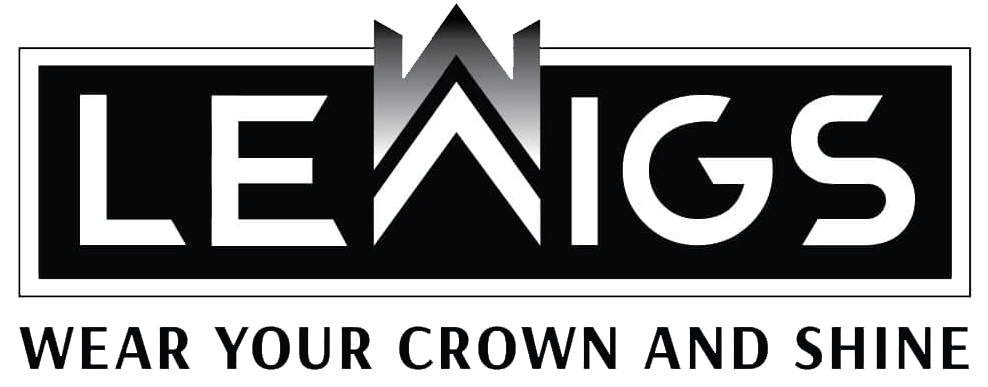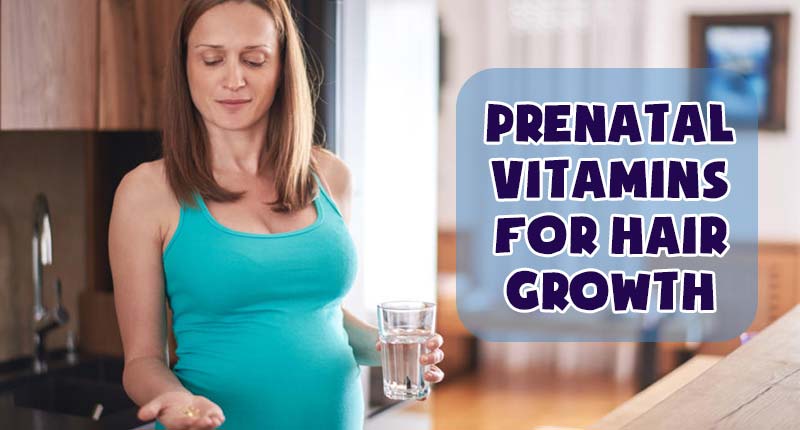Many people claim that prenatal vitamins make hair shinier and longer than before. Is it true? Can I take prenatal vitamins for hair growth without being pregnant? In our article today on Lewigs, let’s see how effective are prenatal vitamins for hair growth.
Table of Contents
What Are Prenatal Vitamins?
The prenatal period is a sensitive time when women have both physical and mental changes. At that time, nutrients play an important role in ensuring the health of mothers and babies. However, expectant moms often lack nutrients. Therefore, people product prenatal vitamins as supplements.
Are Prenatal Vitamins Good For Hair Growth?
Folic Acid
Folic acid (also called folate) is a key nutrient in prenatal vitamins for hair growth. You can take folic acid in beans, leafy green vegetables, broccoli, bread, etc. However, it may be hard to get enough folic acid from food only, so the supplement is a good choice. Studies show that lack of folic acid can cause premature greying. For hair growth, folic acid helps metabolize protein, fat, and carbohydrates for the whole body, including the scalp, contributing to boosting hair growth. It also helps add shine to hair and nourish hair follicles to reduce hair loss by synthesizing DNA nucleotides and amino acids.
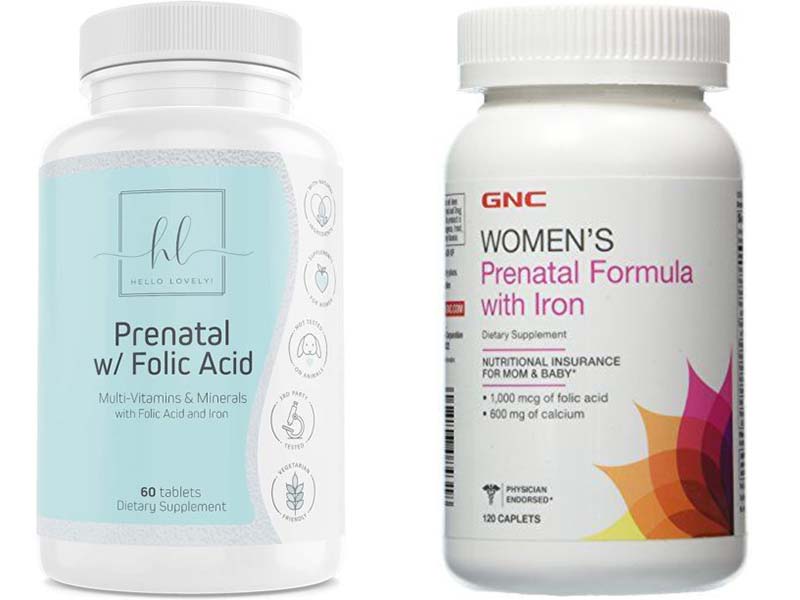
Iron
Iron plays an important role in creating new red blood cells. Pregnant women need more iron because their blood volume increases during this period, so prenatal vitamins often have iron. Iron deficiency cannot produce the haemoglobin in your blood which carries oxygen to the cells in your body. The hair roots on the scalp do not receive enough oxygen which means that they cannot stimulate new hair growth. Meanwhile, your hair roots are weaker, leading to more hair fall. According to a 2013 study, lack of iron can cause female pattern hair loss or androgenic alopecia in women.
Read more:
- Heard About PRP for hair loss? It’s An Incredible Method To Try
- 6 Top-Notch Curly Hair Products For Gym You Shouldn’t Miss Out
- Gain Voluminous Hair With These Home Remedies For Thicker Hair
- The Ultimate DIY Scalp Scrub Recipe You Can Learn About Today
Zinc
One of the common components of prenatal vitamins is zinc. A study shows that zinc helps relieve alopecia areata situation when 9 out of 15 participants improve hair growth after regular intake of zinc supplements. Zinc contains helpful enzymes for certain functional activities in the hair follicles. Therefore, it creates healthy hair follicles to enhance new hair.
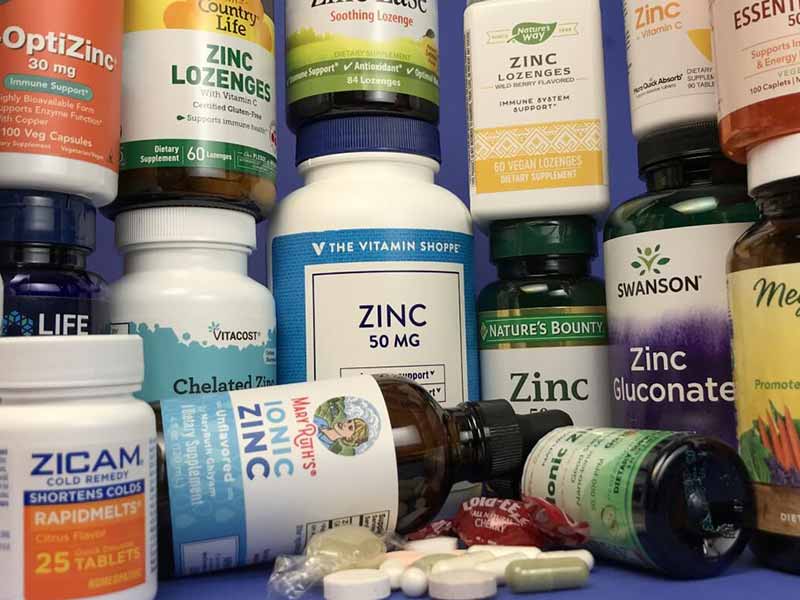
In addition, anti-inflammatory and antioxidant properties in zinc keep the scalp healthy and promote hair growth by balancing the production of free radicals which can lead to regular hair loss. Thanks to zinc, you can prevent brittle hair caused by zinc deficiency.
Vitamins
Prenatal vitamins often contain vitamin D, A, C and E. Each vitamin has many benefits not only for your whole body to keep it function well but also to nourish your hair better. Let’s see how they can do that!
Vitamin D is good for hair follicles. It nourishes hair roots and boosts hair growth effectively. Moreover, vitamin D can reduce stress and depression which can cause hair loss. According to research, both men and women may suffer from alopecia (known as bald patches on the scalp) because of vitamin D deficiency. There is a study showing that women 18 to 45 years old who had low levels of vitamin D experienced alopecia or other types of hair loss.
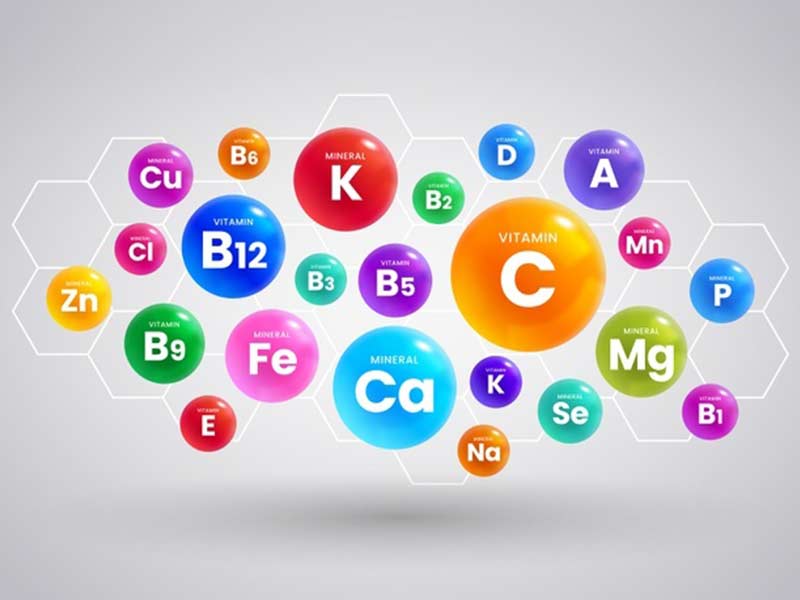
Vitamin A is necessary for sebum production to moisturize the scalp. It also regulates the synthesis of retinoic acid in the hair follicles, resulting in enhancing hair growth. Vitamin A deficiency is a cause of alopecia.
Vitamin C contains antioxidant properties, so it is effective in reducing the formation of free radicals. Therefore, you can prevent weak, brittle, and thin hair. Moreover, vitamin C fights the bacteria on the scalp, so it can keep healthy hair follicles and protect the scalp from dandruff and dry, flaky skin which can lead to hair loss. Additionally, vitamin C is essential for your body to absorb iron to stimulate hair growth.
Vitamin E helps maintain skin and hair beauty. It can act as a moisturizer to keep the scalp and hair hydrated. Besides, it helps you get rid of excess oil production by balancing out scalp oil production. The healthier your scalp is, the more hair you will get. A study says that people who experienced hair loss get a 34.5% increase in hair growth after 8 months supplementing with vitamin E. Furthermore, people use vitamin E to prevent split ends, premature greying as well as add shine to hair.
View also:
- How To Remove Gum From Hair? – The Easy Ways Out
- How To Pluck A Human Hair Wig – Here’s What Hair Gurus Have Shared
- Unbiased Reviews On 9 Best Hair Thickening Shampoo For Men (2021)
- How To Lighten Dark Brown Hair With Box Dye? Here’s How!
Prenatal Vitamins For Hair Growth – Note
– Prenatal vitamins are produced to serve pregnant and breastfeeding women. If you do not belong to these two types, we recommend you to ask the doctor first about whether you should take prenatal vitamins for hair growth or not or how to use prenatal vitamins for hair growth because excess vitamins and minerals can cause side effects such as too much vitamin A in the body leads to hair loss or too much iron is the reason for health problems like constipation, nausea, and diarrhoea. If the doctor says you can use it, he/she can give you the suitable one (or other supplements) for your health condition.
– A healthy diet is important to boost hair growth and maintain hair beauty. If you are not pregnant or in the breastfeeding period, you should try to get enough nutrients from daily food. Most people who eat a balanced diet do not need to take multivitamin or supplements. Therefore, pay more attention to your diet with proteins, low-fat dairy sources, whole grains, and plenty of fruits and veggies.
– To avoid hair loss, in daily life, try to reduce bad habits such as: washing hair with hot water, applying too many chemicals on hair or using a lot of hair styling tools.
In conclusion, prenatal vitamins contain many nutrients which can stimulate hair growth. However, it is essential to ask the doctor before using to avoid unwanted effects on your health. If you suffer from hair loss for a long time, let’s take a health check to find the reason and have a suitable solution. We hope that this article on prenatal vitamins for hair growth gives you interesting and helpful information about using prenatal vitamins for hair growth. We are willing to see your comments about this topic today.
